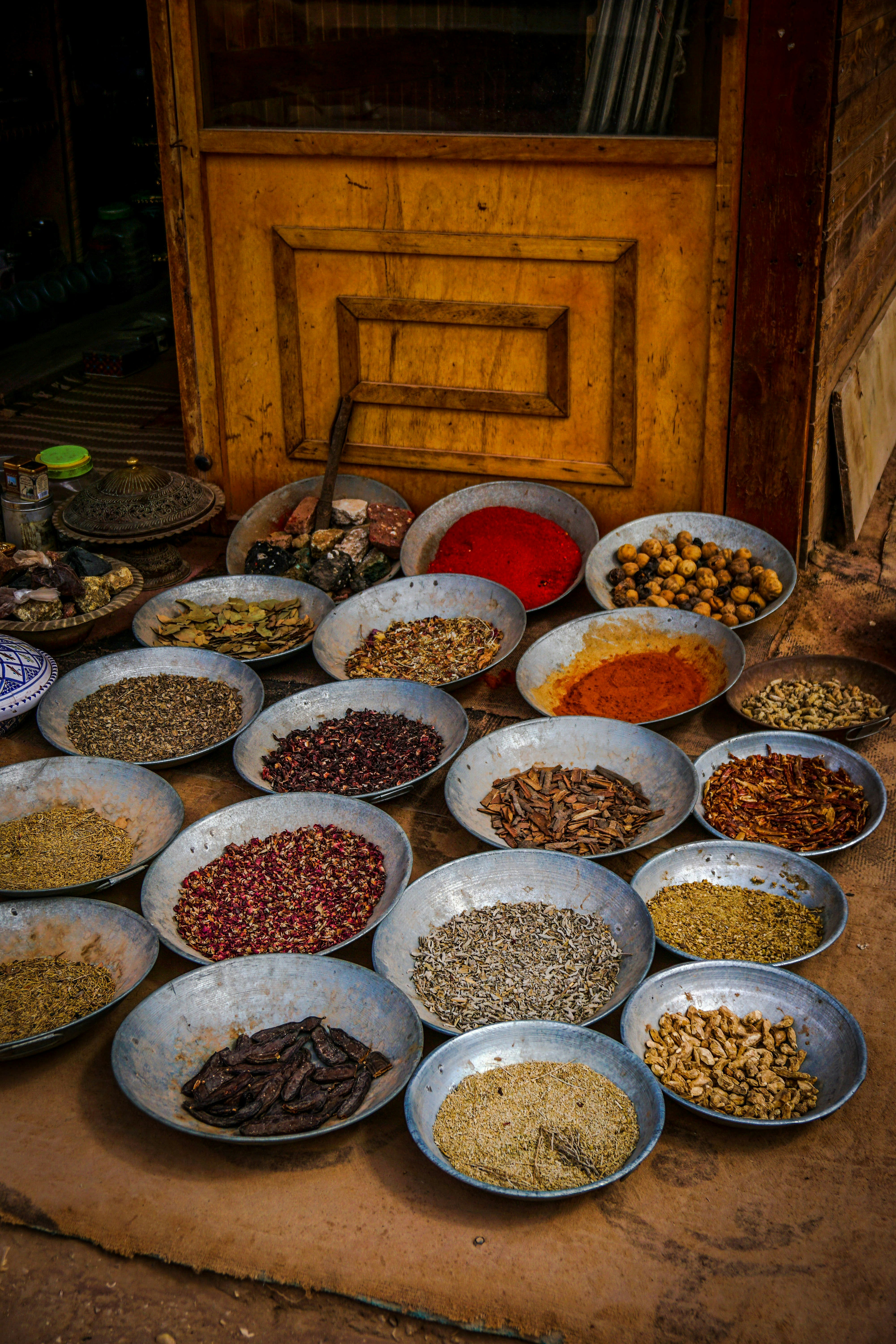中草药
什么是传统中草药及其作用原理?
Since the emperor Shen Nong tasted hundreds of herbs and taught the Chinese people how to use them in diet and therapy, herbal medicine has been an integral part of traditional Chinese culture and medical practice. Chinese herbal medicines are mainly plant based, but some preparations include minerals or animal products. Of the various forms in which to deliver herbal medicines, water decoction is probably used most widely. This process involves adding medicinal agents to water and boiling it for 30-60minutes. The liquid is separated from the herbs and drunk. They can also be packaged as powders, pastes, lotions or tablets, depending on the herb and its intended use. Different herbs have different properties and can balance particular parts of the body. Chinese herbs are prescribed to normalise imbalanced energy, or “Qi “, that runs through invisible meridians in the body. Whether or not the philosophy is believed, studies have shown Chinese herbal medicines to be successful in treating a wide range of disorders, particularly gynaecological and gastrointestinal disorders.
第一次看诊时我应该期待什么?
The TCM practitioner will ask you questions about your medical history and do a physical exam to look for signs of imbalance. The TCM practitioner will examine your skin, tongue, and hair, as well as other parts of your body, from the brightness of your eyes to the color of your nails, and check pulses on each of your wrists. The practitioner will also listen to your voice to assess your shen (spirit), and will work to determine if one or more of your organ networks are affected. The practitioner then tries to correct imbalances in your body by providing a combination of different Chinese herbs.
毒性和不良反应
Adverse events associated with herbal medicines typically result from long-term use at inappropriate dosage levels, the use of certain highly toxic substances, and hypersensitivity reactions. Overall, it is rather safe to have this as an integrative therapy of traditional Chinese medicine to treat a wide range of body disorders.
